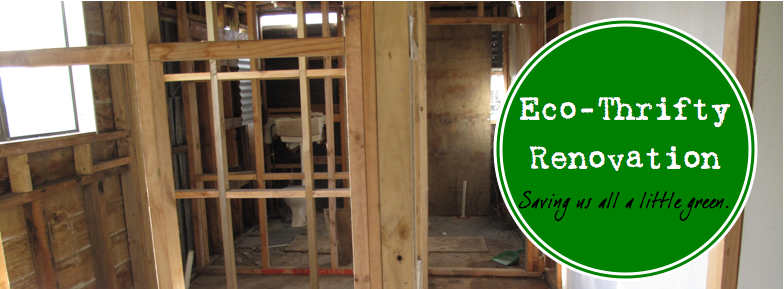My year-two teacher is remembered in my family for telling
mum and dad I would never read.
Despite this definitive diagnosis nearly four decades ago,
this year I earned a PhD in education. But I did not pursue this degree because
I loved school. I did it because I hated school.
Primary schooling was completely and utterly miserable for
me. Nearly every teacher singled me out for scorn not because I was naughty,
but because I could not learn from the ways they were teaching. I was sent to
the reading tutor. I was sent to the speech therapist. I was sent to the child
psychologist. If not for sport and art, I would surely have been sent to the
principal’s office.
As a rubbish learner, I took refuge in those things I could
do well. My artwork was included in shows, it won awards, and I sold limited
edition prints at the age of 17. Sport treated me even better. I captained the
football (gridiron), wrestling, and Lacrosse teams in high school, and played
all three on the NCAA level in university.
At about 15 years of age I figured out that ‘success’ in
academics was not about learning, but about getting good marks. Getting good
marks in class was like scoring goals in sport. I developed the attitude that
school was a game, and slowly but surely I learned how to play it. While I
always played by the rules during physical competitions, I’m afraid I cannot
say the same about academics.
A combination of creative problem solving (aka cheating),
art, and sport eventually earned me a place at one of the most prestigious
universities in America. It was not until my first year at uni that I willingly
and eagerly engaged in learning. I remember the first day of class, sitting in
a lecture hall with 200 other students. I took out my notebook and wrote on the
cover:
Enviormental Studies
101
I girl sitting behind me tapped my shoulder and said, “It’s
spelled e-n-v-i-r-o-n-m-e-n-t-a-l.”
Despite my embarrassment that day, the environment and its protection has guided my life ever since. I
chalk this up to a number of reasons: 1) as a child, I took refuge from school
in nature (along with art and sport) and developed deep bonds with the streams,
lakes, and forests of my home range; 2) I was deeply moved by what I learned in
ES 101 and subsequent courses on an emotional level; and, 3) for the first time
in my life I was able to engage a subject of study that functions like my
brain. In other words, ‘the environment’ and my brain thrive on
interconnectedness.
Up to that point, all of my schooling was about reducing
information into small bits to be memorized and presented back to the teacher
in pre-determined ways. As Laughton King – who presented three fabulous
programmes in Whanganui in early September – would say, I was a diesel brain in
a petrol school. And we all know what happens when you put petrol in a diesel
engine.
Laughton brought his fresh perspective to our city and
helped me re-appreciate that my biggest liability as a child has become my
biggest asset as an adult. That is, my brain’s natural tendencies to seek out
interconnectedness, recognize feedback loops, and visualize slow change over
time.
What was once labeled a learning disability now provides me with the ability to engage with the eco-design process as if it were
completely natural, which, after all, it is! Ecology is, by definition, the
study of the living and non-living components of a system and the interactions
between them. While the discovery of ecology did not save my life, it has
provided direction, meaning, and a career, because lord knows I was never big
enough to play professional gridiron!



No comments:
Post a Comment